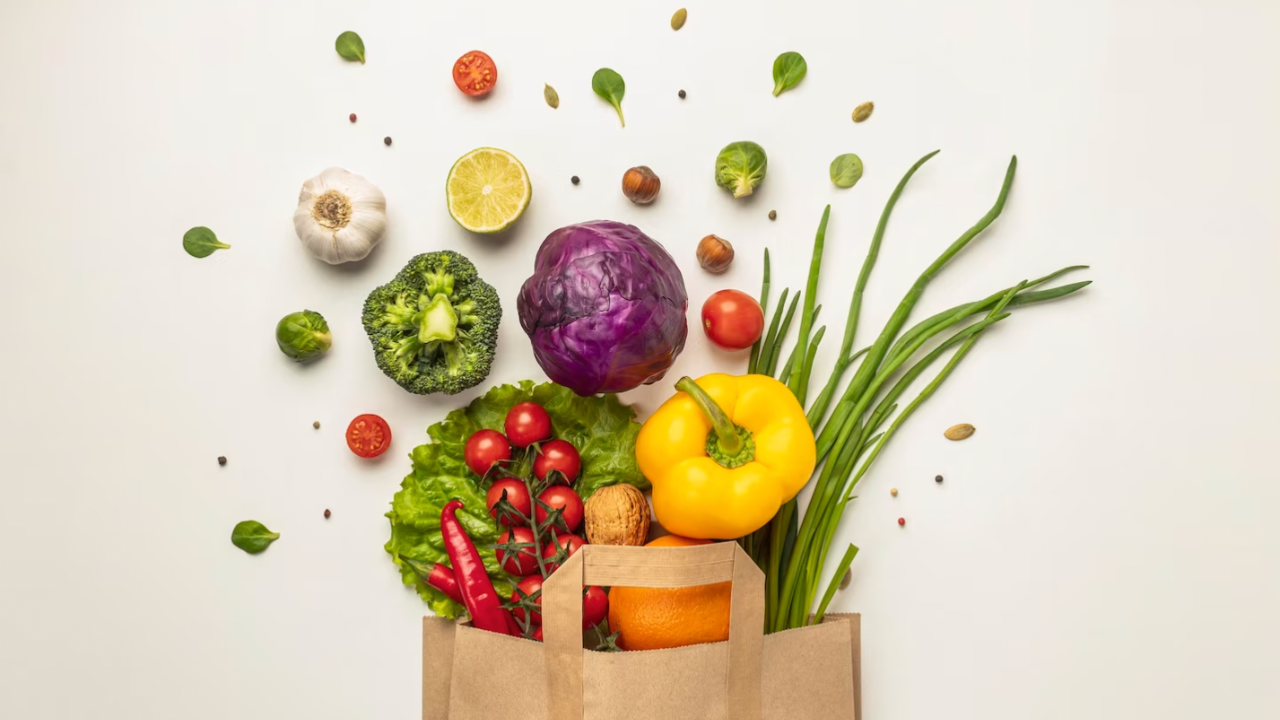
3 Things to Eat to Help With Endometriosis
Endometriosis is a chronic condition that affects millions of women/people worldwide. It is a condition in which cells similar to the lining of the uterus or endometrium, grow outside the uterus, leading to painful periods, pelvic pain, and infertility. While there is no cure for endometriosis, there are ways to manage its symptoms, including dietary changes. In this blog post, we will discuss three things that you can eat to help manage your endometriosis.
- Fatty Fish
Fatty fish such as salmon, mackerel, and sardines are rich in omega-3 fatty acids, which have been shown to help reduce inflammation in the body. Inflammation is one of the key drivers of endometriosis symptoms, so incorporating more omega-3s into your diet can be beneficial. Additionally, fatty fish is a great source of vitamin D, which is important for bone health and has been shown to have anti-inflammatory properties as well.
- Leafy Greens
Leafy greens such as spinach, kale, and collard greens are rich in antioxidants, which can help reduce inflammation and improve overall health. They are also a great source of iron, which is important for women with endometriosis as heavy periods can lead to iron deficiency. Additionally, leafy greens are high in fiber, which can help regulate bowel movements and improve gut health.
- Turmeric
Turmeric is a spice that has been used for centuries in traditional medicine to treat a variety of ailments, including inflammation. Curcumin, the active ingredient in turmeric, has been shown to have anti-inflammatory properties and may help reduce pain associated with endometriosis. Turmeric can be added to dishes such as curries and soups, or taken in supplement form.
In conclusion, while there is no one-size-fits-all diet for endometriosis, incorporating foods such as fatty fish, leafy greens, and turmeric can be beneficial in managing symptoms. It is also important to listen to your body and work with a healthcare provider or registered dietitian to develop a personalized nutrition plan that works best for you. By making small dietary changes and focusing on whole, nutrient-dense foods, you can help manage your endometriosis symptoms and improve your overall health and well-being.

